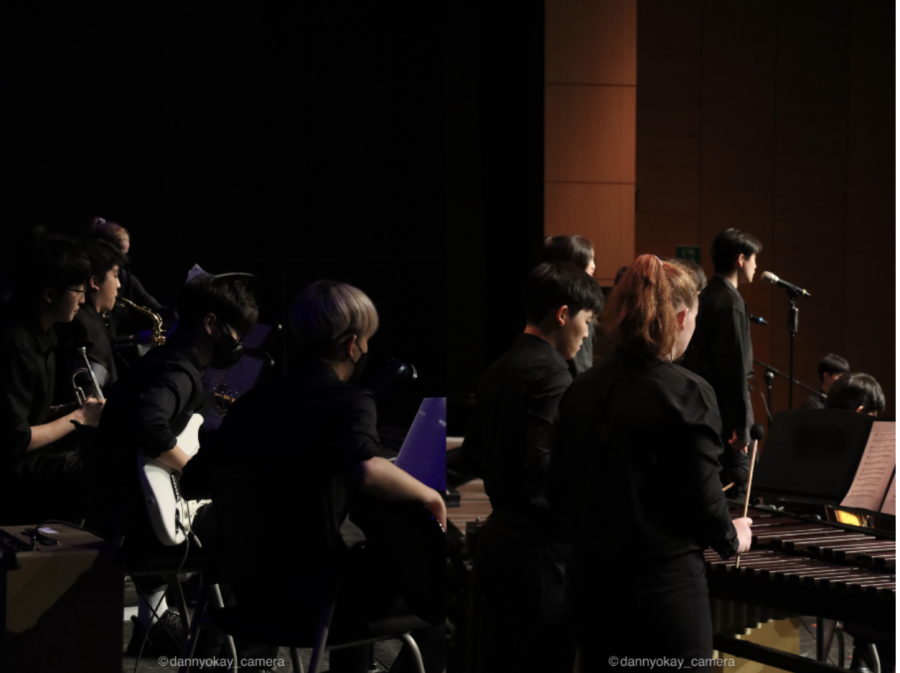Hunched over a desk, pouring over a textbook under a single desk light that breaks the darkness. This is a time of the night when one’s bed should be getting some use, but students, with drooping eyelids, battle fatigue as they try to get through the bundle of homework that occupies their desks. This is a scene that many Chadwick students are familiar with, especially as we approach the midterm exams period.
Students studying late at night is a common sight around the world, but it is particularly an issue in Asia where the education system is notorious for its intensity. Students face immense pressure to excel in rigorous exams, which results in them studying long hours and attending after-school academies late into the night. While it might seem necessary to do so to achieve higher scores on exams, there is actually research that questions this assumption.
A recent study by Notre Dame University found an association between a student’s average hours of sleep per night and their GPA. Matthew Broder, one researcher, found that “every average hour of nightly sleep lost sleep over the semester” resulted in “students’ GPAs dropping by 0.007 points” (Broder, 2023). Thus, the students who slept the least hours throughout the semester had, on average, lower GPAs.
Broder, one of the researchers, adds that “sleep, especially undisturbed sleep, helps the brain process and retain information it has learned.” Conversely, when a person does not get enough sleep, their attention span and memory begin to perform at a lower level.
A grade 11 student at Chadwick did not seem surprised by the results of the study. She commented, “While I did not realize that it directly affects my GPA, I can relate to the idea of sleep deprivation impacting both my memory and attention span.”
When asked to expand, she noted, “When I’ve been up all-night studying, I find it really hard to focus in class. No matter how hard I try to pay attention to what the teacher is saying, my mind feels foggy.”
Another student echoed her sentiments, but when asked why he did not get more sleep, he stated, “Between homework, extracurriculars, and studying for exams, my days are jam-packed. I wish I could sleep more, but there just aren’t enough hours.”
Evidently, this is an issue that needs resolving, but it is not an easy one to solve. In terms of solutions, the student recommended teachers cutting down on “busy homeworks”. He explained, “I find that a lot of the homework I get, either from school or academies, is just for the sake of giving me homework, rather than offering any kind of academic benefit. If such assignments were removed from my schedule, I believe I could gain at least an extra hour per day which I could use for sleep.”
Given the nature of the Asian education system, it is clear that this issue will not be resolved easily, as this helps explain why this has persisted over time. Nevertheless, with studies, such as the one at Notre Dame University, showing the the negative impact lack of sleep is having on students’ performance, there has to be more debate and action on the issue.
And with that, it is time for this author to get a few hours sleep before the alarm bell rings to raise my sleepy eyes.
















